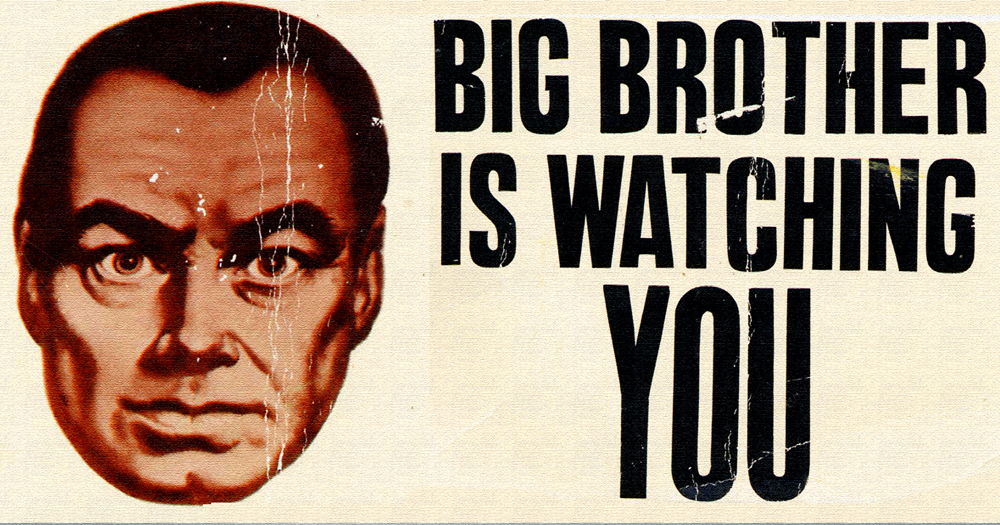I’ve been tough on Bernie Sanders, the socialist Vermont Senator and Democratic Party presidential candidate. Why? Because socialism is — to quote a current GOP candidate — “a disaster.”
But I appreciate his campaign for showing former Secretary of State Hillary Clinton for what she is, the ultimate establishment insider.
Even while, as SNL parodied, she seeks to co-opt Sanders’s progressivism.
Nowhere is Hillary’s have-it-both-ways mode of operation more obvious than in regard to Big Finance. She attacks the big banks, promoting her “very aggressive plan to rein in Wall Street.” Yet, she is supported politically and has been enriched personally by Wall Street firms. In 2014 and 2015 alone, Mrs. Clinton was paid $11 million dollars for speeches to various groups, including these financial interests.
On the campaign trail, Bernie has been calling on Mrs. Clinton to release transcripts of her speeches to Wall Street firms:
She gets paid $225,000 for a speech. Now you know that is a lot of money for an hour speech.… It must be mind-blowing speech, it must be a Shakespearean speech, it must be a speech that could educate and enlighten the entire world.
An anonymous attendee of Mrs. Clinton’s speeches to Goldman Sachs has characterized her remarks as “far from what she sounds like as a candidate now. She sounded more like a Goldman Sachs managing director.” Another said making the transcript public “would bury her against Sanders.”
Understandably, Hillary refuses … until every other living person who has ever spoken a word to anyone on Wall Street does so first.
At his rallies, Bernie now throws his empty hands up into the air to release his non-existent speech transcripts.
This is Common Sense. I’m Paul Jacob.
Common Sense Needs Your Help!
Also, please consider showing your appreciation by dropping something in our tip jar (this link will take you to the Citizens in Charge donation page… and your contribution will go to the support of the Common Sense website). Maintaining this site takes time and money. Your help in spreading the message of common sense and liberty is very much appreciated!











